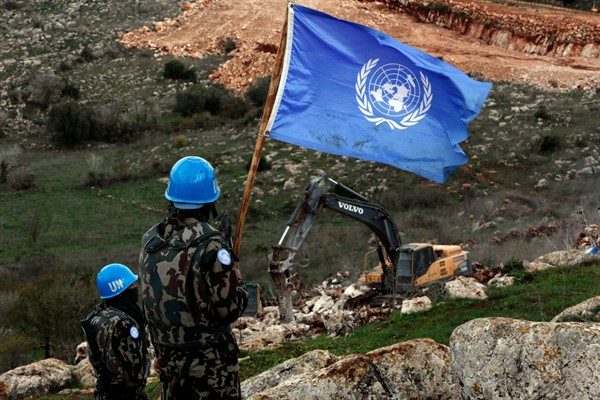For better or worse, the United States military is leaving Afghanistan. Proponents for withdrawal argue the U.S. has done all it can militarily in the country, has more pressing security interests elsewhere and may do more harm than good by staying. Critics say the power vacuum the U.S. is leaving behind will reignite a civil war and open the door to ethnic cleansing, gender apartheid and state failure.
Both views have merit, but the choice is not between these options alone. Yes, the U.S. record of nation-building in Afghanistan is poor. And yes, power vacuums and state fragility breed insurgencies, instability and transnational crime. What is needed now is not a further prolonged U.S. military presence or, alternatively, the military equivalent of a concert of external powers in Afghanistan. Instead, what’s needed is the steadying hand of a robust international peacekeeping, peacebuilding and peace-enforcement mission under United Nations auspices. The U.S. should contribute to this mission, to be sure, but the reins must be surrendered to the international community.
Peacekeeping involves the insertion of a multilateral force with the consent of both parties to a civil war, mandated to provide security, enforce the peace and protect civilians as a nation rebuilds itself post-conflict. Often undertaken in conjunction with a wider peacebuilding effort involving U.N. civilian agencies and nongovernmental organizations, peacekeeping itself involves the use of force only in self-defense or in defense of civilians. Unlike a counterinsurgency mission, which is aligned with the host government, U.N. peacekeepers remain politically neutral. They are committed only to the protection of civilians from both warring parties and undertake violence only in defense of those civilians or of the peacekeepers themselves. Meanwhile, they serve an important function in observing the peace process, thus enabling warring parties to overcome information gaps and commitment problems.

